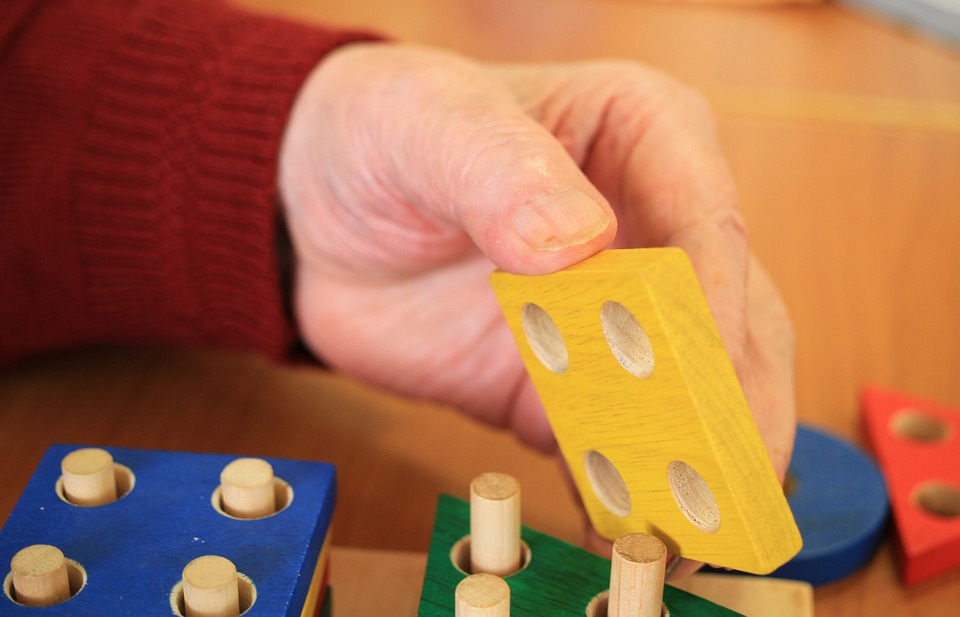In today’s fast-paced world, the quest for self-improvement and skill development is more crucial than ever. Whether you are a student, a professional, or someone looking to enhance personal hobbies, unlocking your potential can open doors to new opportunities and personal satisfaction. This article explores effective techniques for skill development that can help you cultivate your talents, overcome challenges, and thrive in any environment.
The Importance of Skill Development
Skill development is essential because it not only increases your employability but also enriches your personal life. Here are a few reasons why you should prioritize skill acquisition:
- Adaptability: In a constantly changing job market, acquiring new skills allows you to stay relevant and flexible.
- Confidence: Mastering new abilities boosts self-esteem and encourages you to pursue new opportunities.
- Innovation: Developing skills can help you think creatively and push the boundaries of what’s possible.
- Networking: Engaging in skill-based training often connects you with like-minded individuals, enhancing your professional network.
Effective Techniques for Skill Development
1. Set Clear Goals
To develop a skill, it is crucial to establish clear, achievable goals. Use the SMART criteria (Specific, Measurable, Achievable, Relevant, Time-bound) to ensure your goals are well-defined. For instance, instead of saying, “I want to learn to code,” specify “I want to complete an online Python course within three months.”
2. Embrace Lifelong Learning
The concept of lifelong learning is vital for continuous skill development. Take advantage of online platforms like Coursera, Udemy, and Khan Academy, where you can find courses on virtually every subject. Regularly engaging with new material keeps your mind sharp and ready for challenges.
3. Practice Deliberately
Deliberate practice involves focused, structured efforts aimed at improving specific aspects of your performance. This technique is more effective than simple repetition. For example, if you’re learning a musical instrument, practice challenging pieces that push your boundaries rather than just your favorite tunes.
4. Seek Feedback
Constructive criticism can provide valuable insights into your skill development. Don’t shy away from feedback; seek it actively from mentors, peers, or supervisors. This will help you identify your weaknesses and areas that need further improvement.
5. Network with Experts
Surrounding yourself with skilled individuals can accelerate your learning process. Attend workshops, seminars, or group meet-ups to connect with professionals in your field. Engaging discussions and shared experiences can provide you with new perspectives and insights.
6. Reflect on Your Progress
Regular reflection on your achievements and setbacks fosters growth. Take time to assess what is working, what isn’t, and how you can adjust your approach. Journaling or maintaining a log can help you track your progress and stay motivated.
7. Use Technology
Today, technology offers myriad tools for skill development. Use apps, software, and online resources that cater specifically to your learning style. Whether it’s language-learning apps like Duolingo or project management tools like Trello, leveraging technology can enhance your skill acquisition process.
Building a Support System
Developing new skills can sometimes be a challenging and lonely journey. Building a support system is crucial to maintaining motivation and accountability. Consider these options:
- Study Groups: Join or create groups with individuals who share your learning goals.
- Mentorship: Find a mentor who can guide you through your learning journey.
- Online Forums: Engage in online communities related to your interests or skills.
Conclusion
Unlocking your potential through skill development requires a balanced approach involving goal setting, continuous learning, and community engagement. By adopting effective techniques, committing to deliberate practice, and seeking support and feedback, you can cultivate new skills that will serve you throughout your life. Remember, skill development is a lifelong journey. Embrace the process and remain open to new challenges, and you will continuously unlock new facets of your potential.
FAQs
1. How long does it take to develop a new skill?
It varies depending on the complexity of the skill and the time you dedicate to practice. Generally, consistent effort over a few months can yield significant progress.
2. Can self-directed learning be effective?
Absolutely! Self-directed learning is highly effective, especially when utilizing structured resources like online courses and tutorials.
3. What if I fail at developing a skill?
Failure is a part of the learning process. Analyze what went wrong, adjust your approach, and keep practicing. Resilience is key to mastering any skill.
4. Is it better to focus on one skill at a time?
While concentrating on one skill allows for deep learning, balancing multiple skills can also be beneficial. It ultimately depends on your learning style and goals.
5. How can I stay motivated during the learning process?
Set short-term milestones, reward yourself for achievements, and connect with others who share your interests to stay motivated and accountable.
